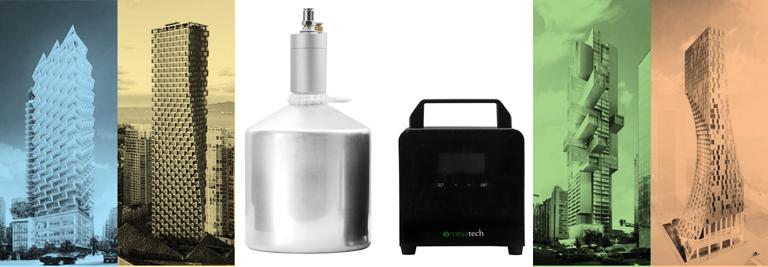
Scent, a New Element in the Discipline of Architecture, Building, and Design
Ages ago, humans started building their houses and shelters with materials that could withstand the elements better than wood, bone, and animal hide. The earliest architecture was mainly a practical matter of designing and managing a construction that would remain standing under harsh weather conditions. Soon after this, however, proportion and decoration made their entrance too. Temples, tombs, palaces, fortresses, statues, houses in Europe and the Middle East show how much our ancestors valued aesthetics.
Vision is, after all, the most important human sense and over time, our eyes have significantly evolved. In the following centuries, the visual aspect of a building remained the most critical element.
Buildings have become more than just a pretty facade
In the 1st century BC, Vitruvius defined "echeia" (sounding vases) which were used in certain open-air theatres. The ancient Greek introduced acoustics into architecture. Two millennia later, modern architects are becoming aware that the power of scent isn't to be neglected either.
Scientific research about scents is still rare. We owe much of our present knowledge to Nobel Prize winners Linda Brown Buck and Richard Axel. Not only for their work on the olfactory system but also because they set the wheels in motion.
The talents of people such as the Norwegian artist and researcher Sissel Tolaas are in high demand. Sissel is world-famous for her work with smells and has developed a "smell archive" with more than 7,000 airtight jars. Hygiene is important, but it seems nowadays, we've taken this concept a bit too far, expelling all characteristic local smells, and replacing them with bland synthetics.
Architecture, design, and interior decorating conferences all over the world, but most notably in Europe, increasingly include scent and smell topics in their agendas.
Practical Implementations
Villa Linari is a minimalist cube amidst the "coffee grinders" (the nickname for the typical square red-brick villas in Hamburg). Entrepreneur and scent-aficionado Rainer Diersche went through a lot of paperwork before he could build his scented sanctuary. Together with architect Thomas Dibelius, he chose materials for the house which combine harmoniously with both the lighting and scenting.
In 2012, Herzog & de Meuron architectural office worked together with the Chinese artist Ai Weiwei to design and build the 2012 Serpentine Gallery Pavillion in Kensington Gardens, Hyde Park, London. They chose cork as the primary material, for its acoustic properties, its loamy texture, and very distinctive smell.
Bridge House in Hancock Park, Los Angeles is a creation by Dan Brunn. The flexible and 100% durable and sustainable building literally bridges over a stream. Their HVAC-system will be equipped with an Aromatech® cold-air fragrance diffuser to offer both the residents and their visitors a multisensory experience.
Architects, builders, designers, or professionals otherwise involved in the building industry are turning to suppliers of high-quality aroma and essential oils to become the pioneers in a new phase in architectural history. Be a forerunner as well, and rely on our advice to learn all about making scent an integral part of your future projects.
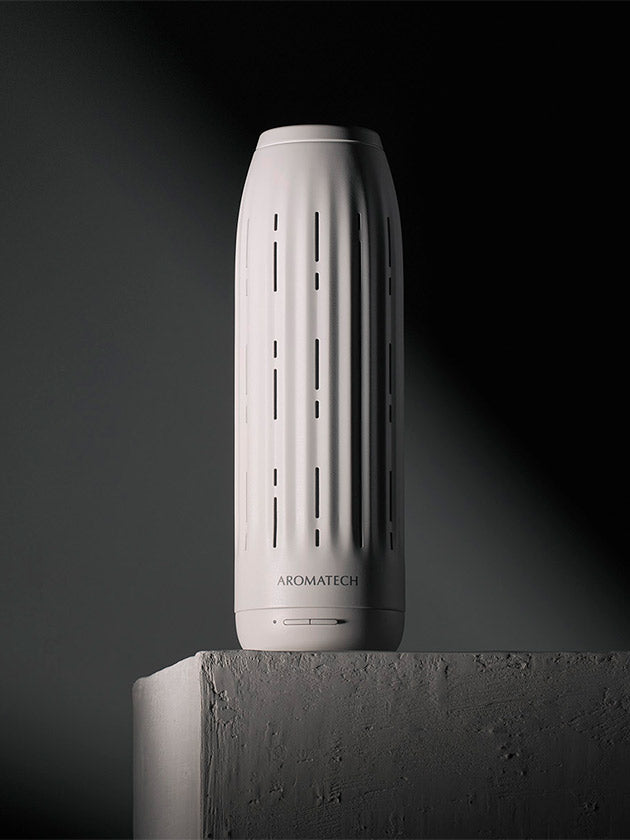
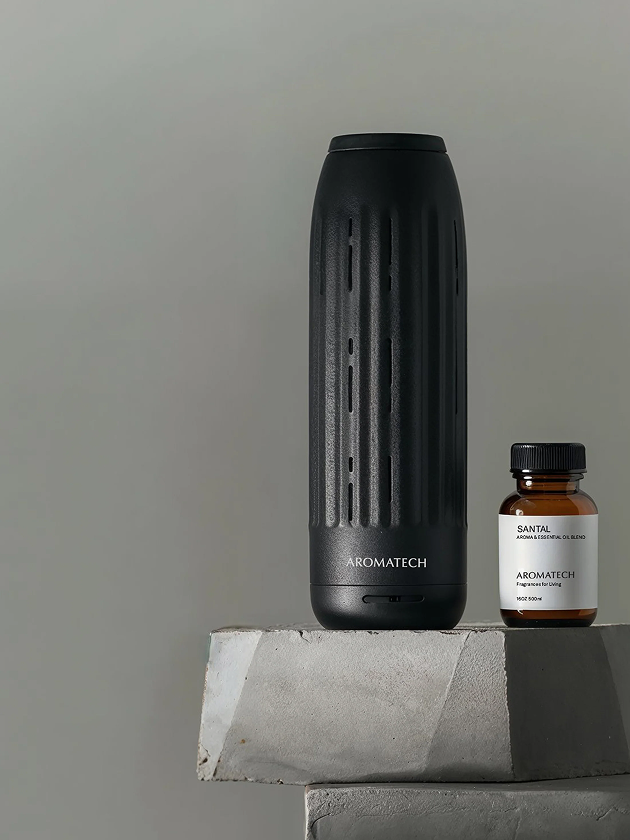
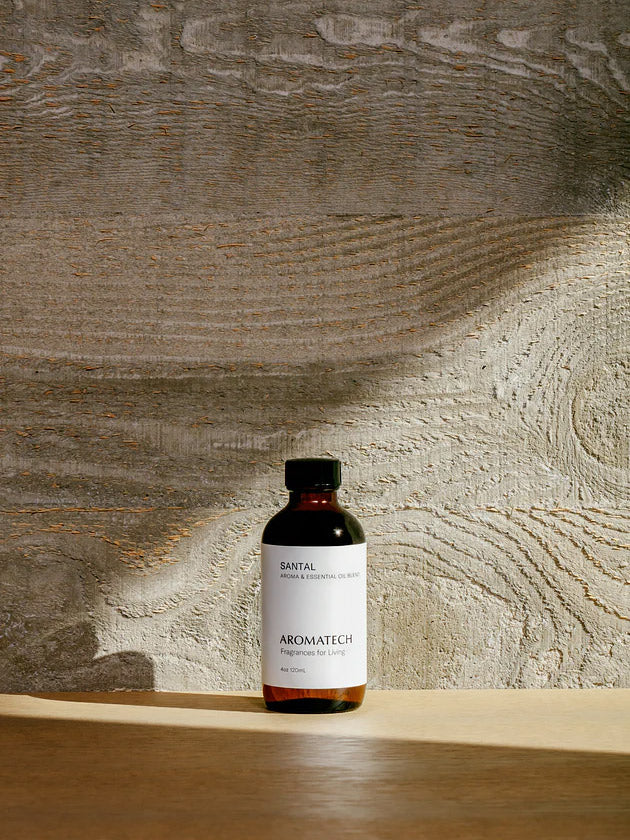
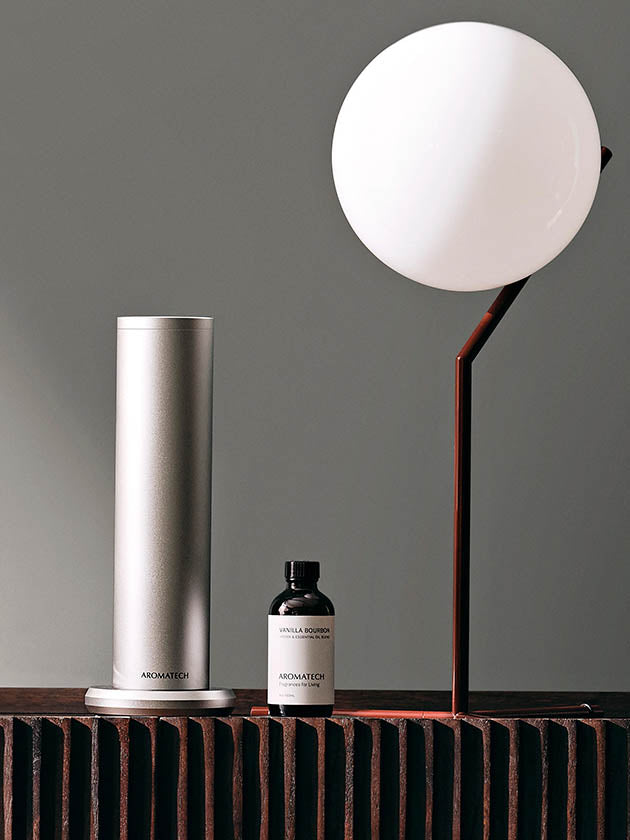
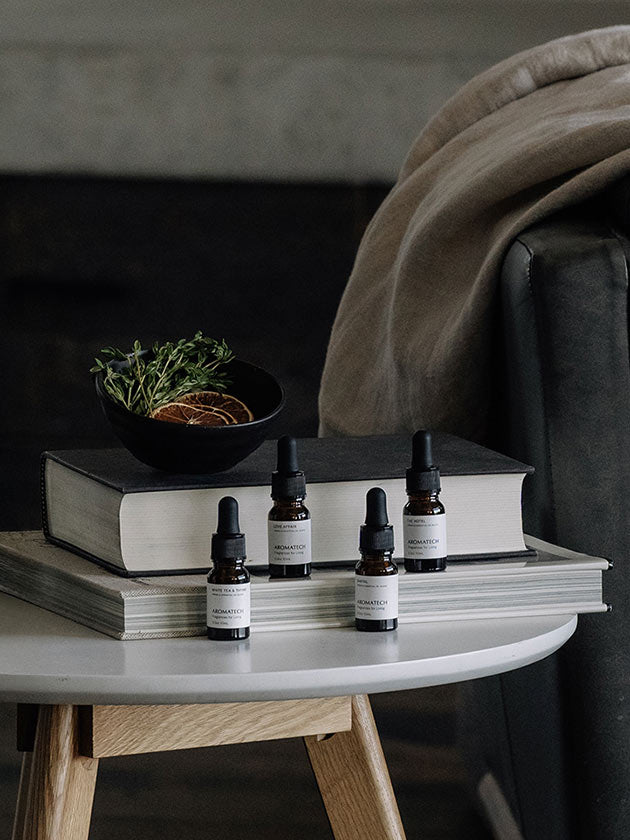



Leave a comment
This site is protected by hCaptcha and the hCaptcha Privacy Policy and Terms of Service apply.